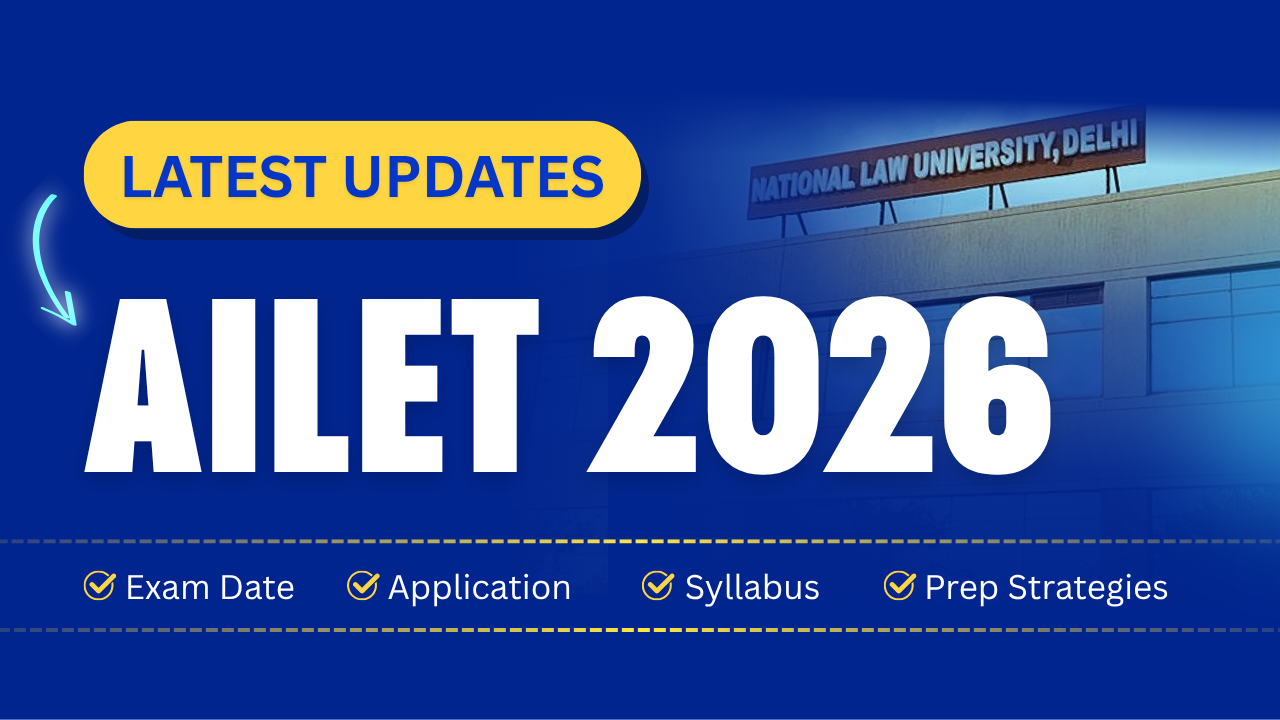By I May 08, 2024
Understanding the CLAT exam pattern
The CLAT exam pattern comprises five sections: English, General Knowledge, Mathematics, Legal Aptitude, and Logical Reasoning. Each section has a fixed number of questions, and there is negative marking for wrong answers. Understanding the distribution of questions can help you allocate your time wisely during the exam. English usually has 28-32 questions, General Knowledge has 35-39 questions, Mathematics has 13-17 questions, Legal Aptitude has 35-39 questions, and Logical Reasoning has 28-32 questions. Familiarizing yourself with the pattern can enhance your preparation and increase confidence on the exam day.
Key components of the CLAT exam
The CLAT exam consists of five sections: English, Mathematics, General Knowledge, Logical Reasoning, and Legal Aptitude. Each section carries 40 marks for a total of 200 marks. Negative marking is applicable, with 0.25 marks deducted for each incorrect answer. Understanding the weightage of each section and practicing mock tests can help you prepare effectively for the exam.
Importance of knowing the CLAT exam pattern
Knowing the CLAT exam pattern is crucial for your preparation. Understanding the structure of the exam will help you plan your study strategy effectively. By familiarizing yourself with the types of questions, marking scheme, and time constraints, you can optimize your approach to tackling the exam. This knowledge will not only boost your confidence but also enhance your performance on the day of the CLAT exam.
Strategies to boost your preparation
To boost your preparation for the CLAT exam, consider implementing the following strategies:
- Start by familiarizing yourself with the exam pattern and syllabus.
- Create a study schedule that allows for consistent practice and revision.
- Practice previous years’ question papers to understand the exam format better.
- Join online or offline mock tests to gauge your preparation level.
- Seek guidance from mentors or experts in the field for valuable insights.
- Stay updated with current affairs and legal news to enhance your general knowledge.
- Remember to stay focused, stay motivated, and stay consistent in your preparation.
Detailed insights into each section
Each section in the CLAT exam has its own unique focus and requirements. Here’s a breakdown to help you understand what to expect:
- English Language: This section gauges your proficiency in English grammar, vocabulary, and comprehension skills.
- Logical Reasoning: Tests your ability to analyze and solve problems based on given information.
- Legal Reasoning: Focuses on your understanding of legal principles and reasoning ability.
- Quantitative Techniques: Involves questions on mathematics and basic data interpretation.
- General Knowledge and Current Affairs: Tests your awareness of current events and general knowledge.
Knowing the specifics of each section will help you tailor your preparation strategy effectively.
Tips from experts for effective preparation
Experts suggest creating a study schedule to cover all CLAT subjects thoroughly. Practice previous years’ exam papers to understand the pattern and types of questions. Regular revision is key to solidifying your knowledge. Joining a coaching institute can provide structured guidance and mock tests. Stay motivated and focused on your goal to excel in the CLAT exam.
Mock tests and practice exercises
Mock tests and practice exercises are essential components of preparing for the CLAT exam. They help you familiarize yourself with the exam pattern, improve your time management skills, and identify areas where you need to focus more. By regularly taking mock tests and practicing exercises, you can gauge your progress, build confidence, and develop effective strategies to approach different types of questions in the exam. Make them a priority in your study plan to enhance your preparation.
Time management techniques for the CLAT exam
Developing effective time management skills is crucial for success in the CLAT exam. Here are some techniques to help you optimize your exam time:
Ensure you understand the exam pattern and structure well. Divide the allotted time for each section based on the number of questions and difficulty level.
Practice solving previous years’ question papers within the stipulated time to improve your speed and accuracy.
Use a timer during your practice sessions to simulate exam conditions and work on solving questions within the set time limits.
Identify your strengths and weaknesses to prioritize which sections or types of questions you should focus on during your preparation.
Regularly evaluate your progress and adjust your study plan to allocate more time to challenging areas while maintaining proficiency in your strong subjects.
By implementing these time management techniques, you can enhance your efficiency during the CLAT exam and maximize your potential for a successful outcome.
How to tackle difficult sections
During the CLAT exam, facing challenging sections is common. To tackle difficult sections effectively, here are a few tips that can help you navigate through them smoothly:
- Start with the easier questions to build confidence and momentum.
- Don’t get stuck on one question for too long. If you find a question to be particularly tough, skip it and come back to it later.
- Use the process of elimination to narrow down answer choices.
- Practice time management to ensure you have enough time for all sections.
- Stay calm and focused to approach difficult questions with a clear mind.
Implementing these strategies can improve your ability to handle challenging sections during the CLAT exam effectively.
Final thoughts on optimizing your CLAT exam preparation
In the final stretch of your CLAT exam preparation, remember to stay focused and consistent with your study schedule. Practice mock tests regularly to improve your time management and identify areas that need more attention. Additionally, seek guidance from mentors or tutors to enhance your understanding of complex topics. Lastly, maintain a positive mindset and stay motivated throughout your preparation journey.




